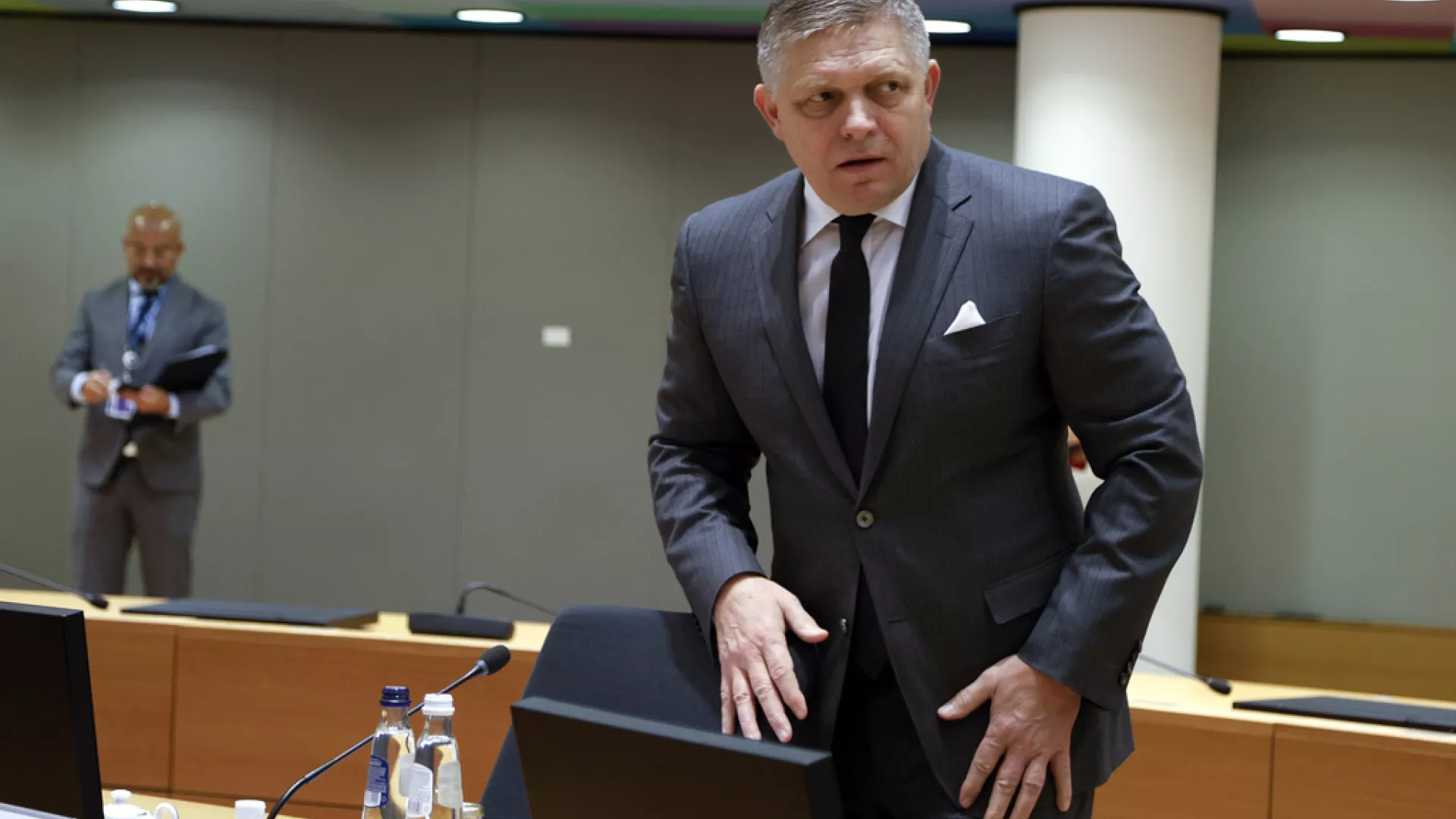A contentious plan by Slovakia's populist government to dismantle its Special Anti-Corruption Prosecutor's Office has been temporarily shelved after facing fierce opposition from both the parliamentary opposition and the European Union.
Initially, the government sought to introduce the changes through an emergency procedure before Christmas, but faced opposition from the opposition parties. The delay means the reform is now unlikely to be implemented before January.
The special prosecutor’s office, currently investigating several high-profile corruption cases involving politicians from the ruling SMER party, including former police chief Tibor Gaspar and deputy speaker of parliament Peter Ziga. had been targeted by the government for abolition as part of a broader reform of the criminal code. The special prosecution unit also oversees investigations into oligarchs accused of corruption in public contracts, tax evasion, and harassment of journalists.
The proposed reform has drawn condemnation from the European Commission, which has called for a thorough analysis of its potential impact on EU law. Critics of the government argue that the move is aimed at shielding SMER politicians from corruption charges and weakening the country's anti-corruption institutions.
Fico's return to power after winning the 2023 parliamentary election has raised concerns about Slovakia's drift away from its pro-Western stance. His critics fear that his government could emulate Hungary under Prime Minister Viktor Orbán, who has pursued an illiberal agenda and undermined democratic institutions.
Since taking office, Fico's government has dismissed or furloughed several elite investigators and police officials involved in high-profile corruption cases. The planned changes to the legal system also include reduced penalties for corruption offenses, further fueling concerns about the government's commitment to fighting corruption.










Trackbacks and Pingbacks